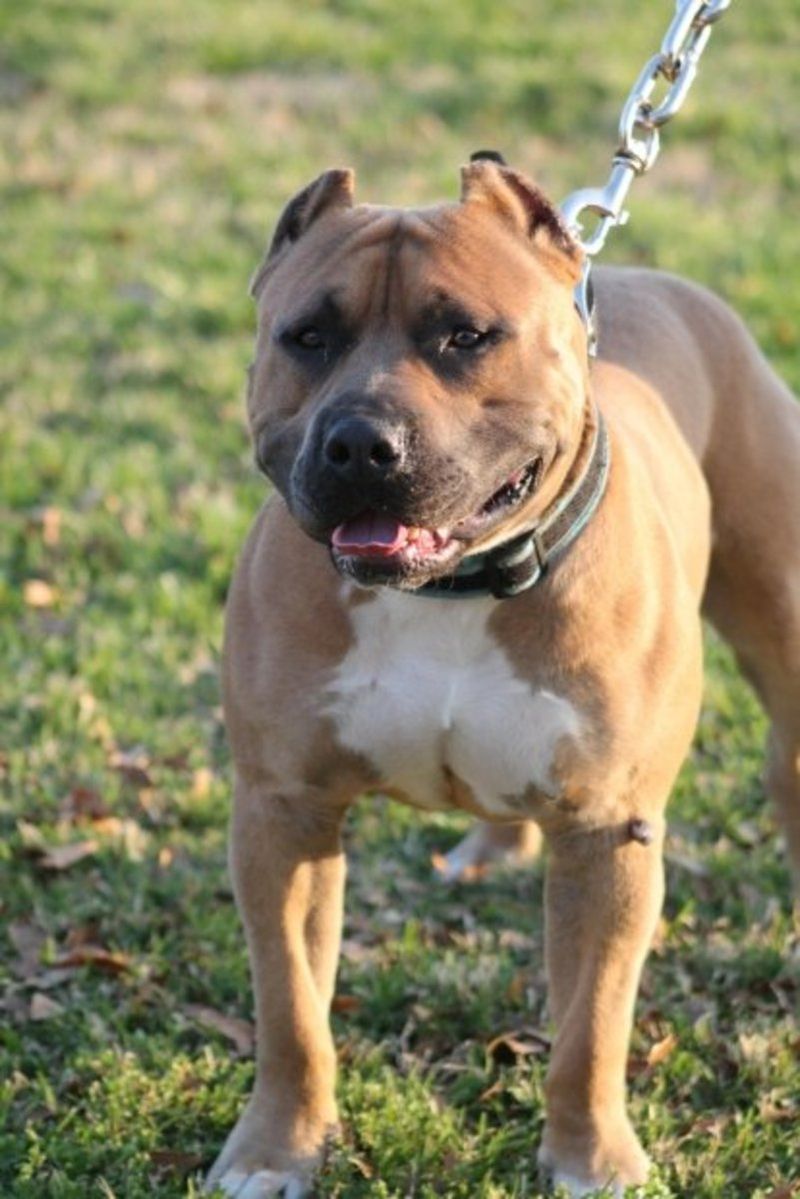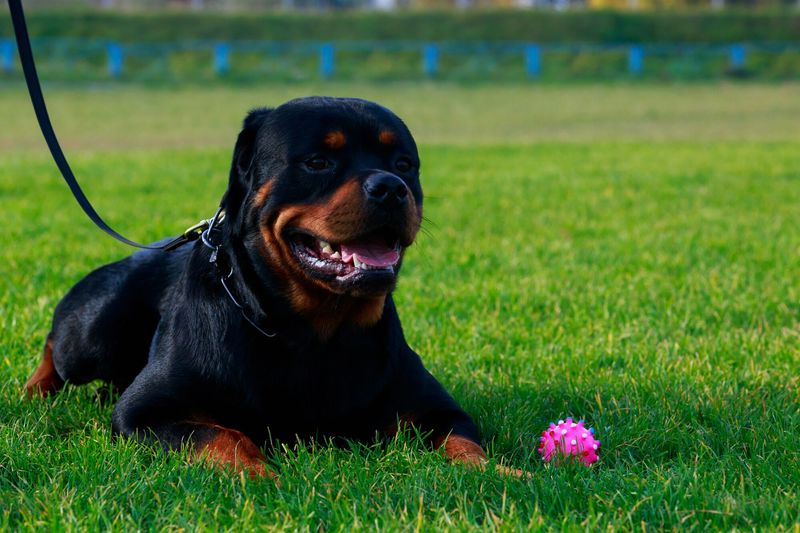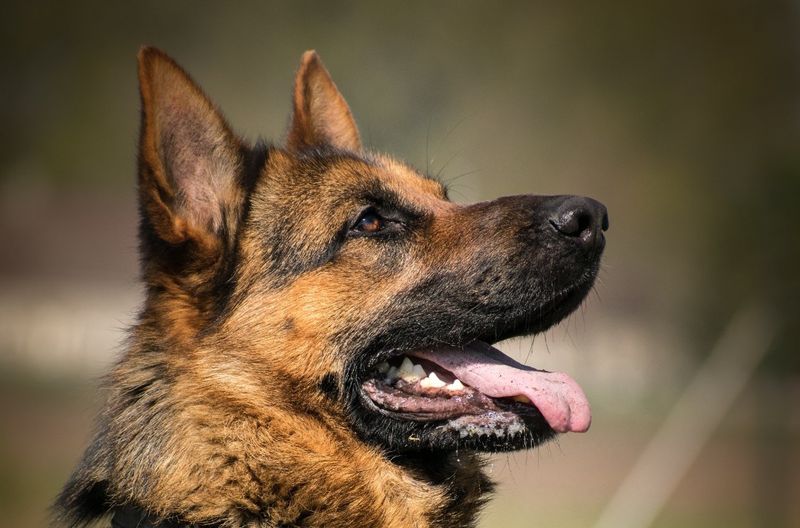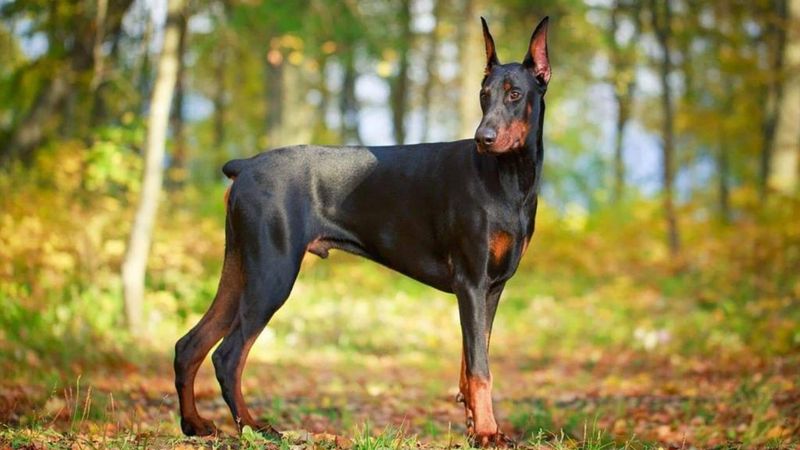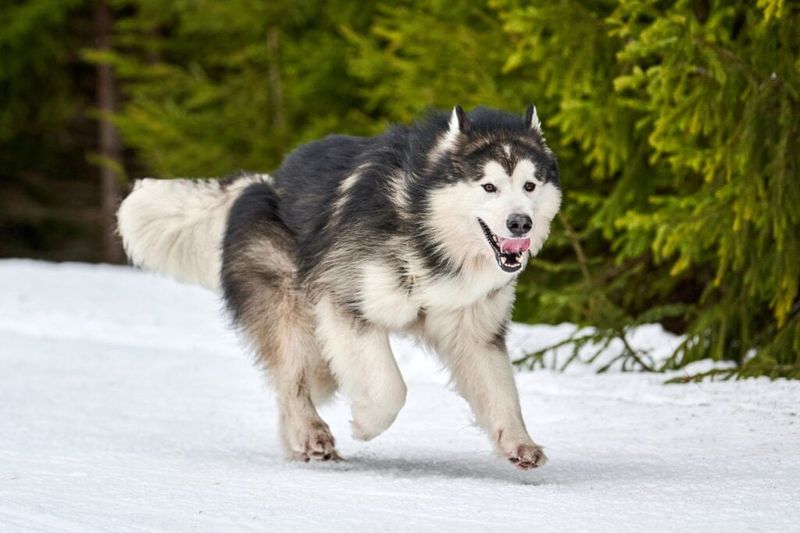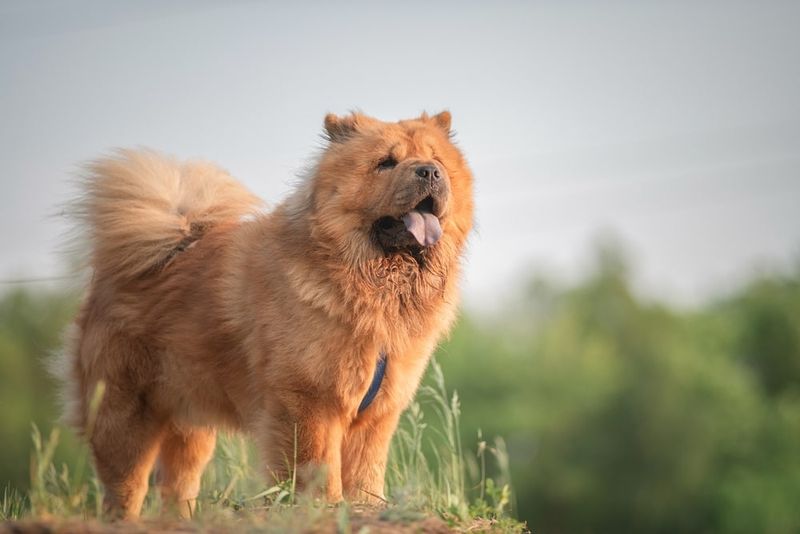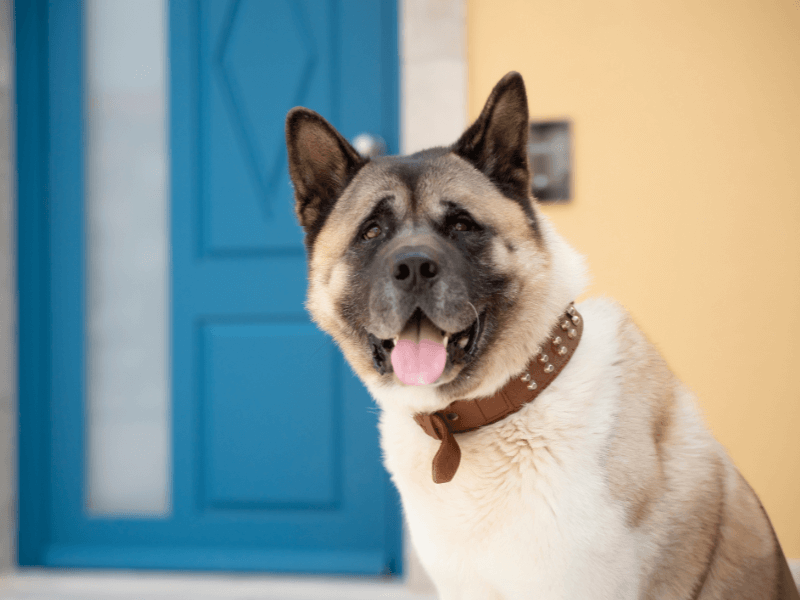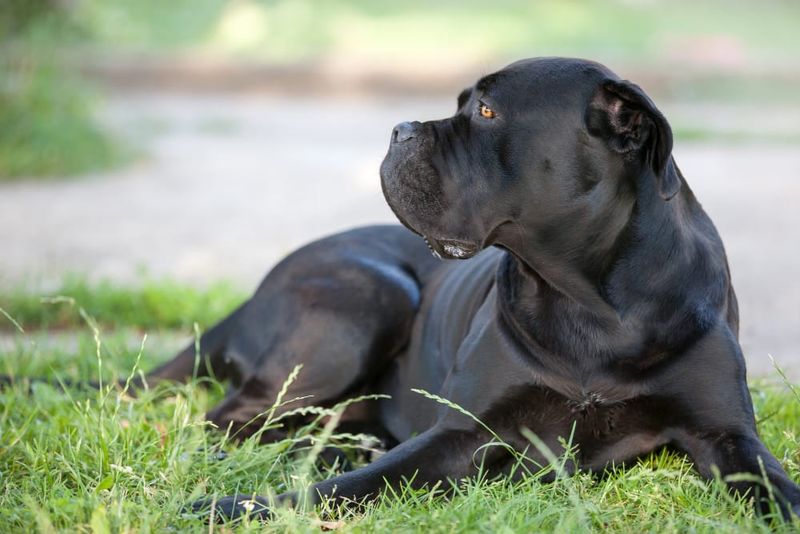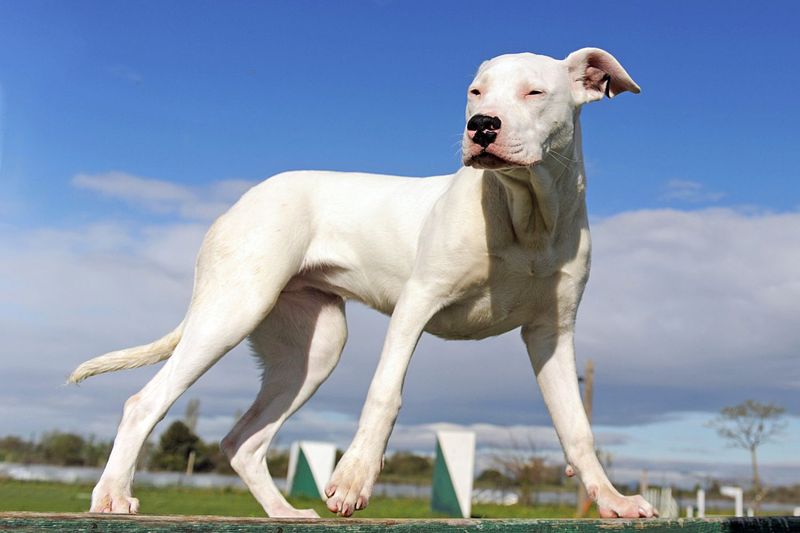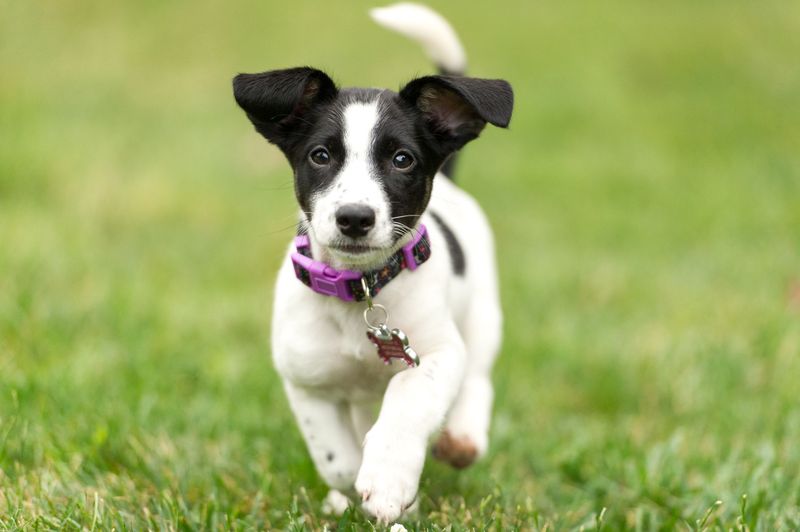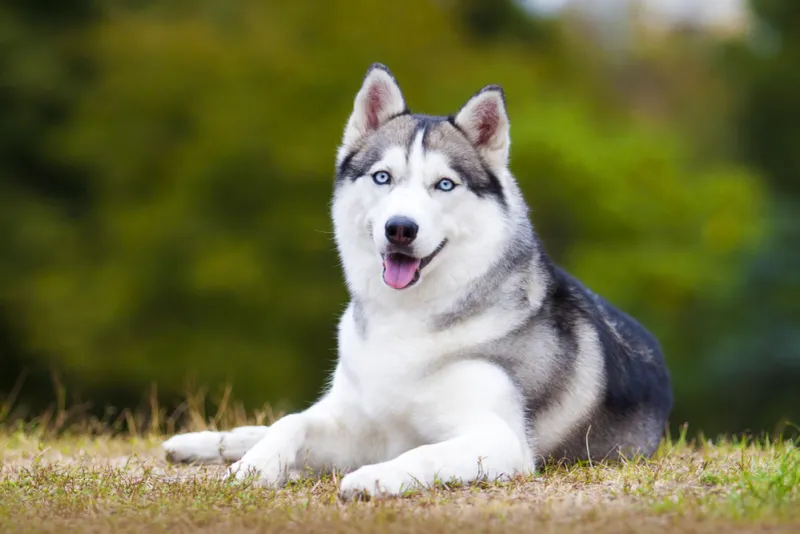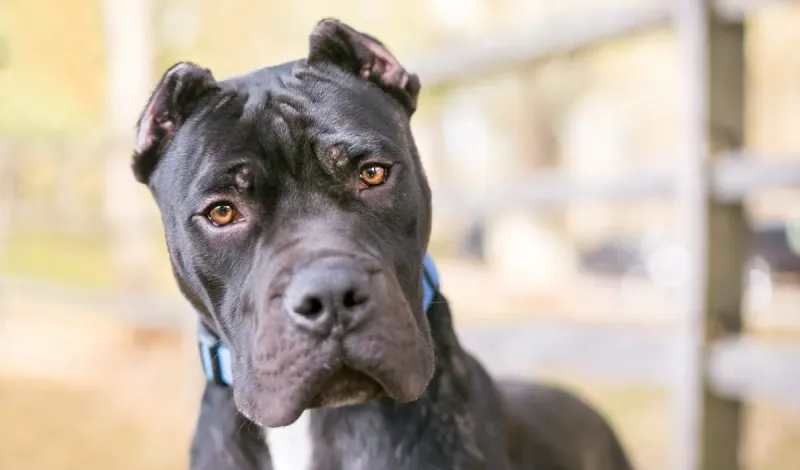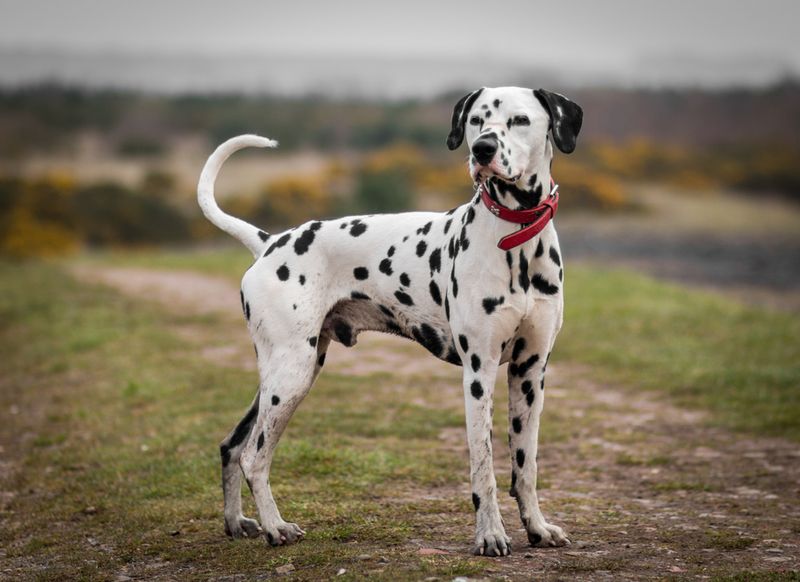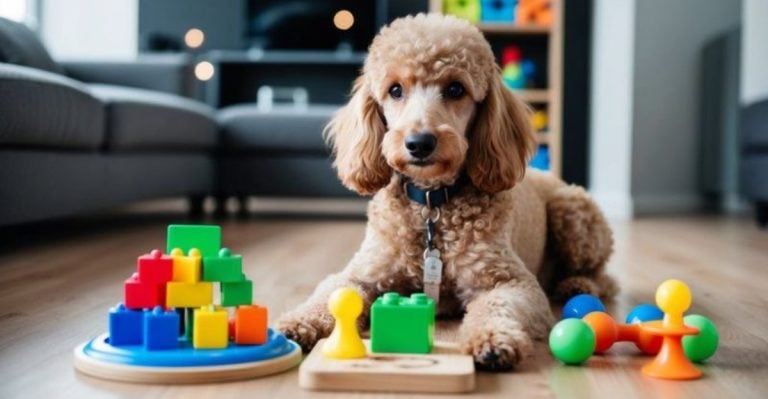13 Dog Breeds That Can Turn on Their Owners Without Proper Training
Dogs are known as man’s best friend, but some breeds require extra attention when it comes to training and socialization. Without proper guidance, certain dogs can develop aggressive behaviors that might lead to dangerous situations at home.
Understanding which breeds need specialized training isn’t about promoting fear – it’s about responsible ownership that keeps both humans and dogs safe.
Let’s explore which breeds require extra dedication to training to prevent potential behavioral issues.
1. Pit Bull Terrier: Powerful Loyalty Requires Direction
Pit Bulls possess incredible strength combined with unwavering loyalty to their families. Originally bred for bull-baiting and later as farm dogs, these muscular canines respond exceptionally well to consistent training methods.
Without proper socialization, their protective instincts can become problematic. They need an owner who understands canine body language and can provide clear boundaries from puppyhood.
Daily mental stimulation prevents destructive behaviors that stem from boredom. Many Pit Bull owners are surprised by how sensitive these dogs are – they thrive on positive reinforcement and can become anxious or reactive if training relies on punishment.
2. Rottweiler: Guardian Giants Need Confident Handlers
Descended from Roman drover dogs, Rottweilers have historically served as protectors and working companions. Their imposing physique matches their natural guarding abilities, making early training absolutely essential.
A Rottweiler without boundaries can become overly dominant or protective. These intelligent dogs assess situations independently, which means owners must establish themselves as confident leaders worthy of respect.
Socialization should begin immediately – introducing puppies to various people, animals, and environments prevents fear-based aggression later. Despite their tough appearance, Rottweilers form deep emotional bonds with their families and can become destructive if left isolated for long periods.
3. German Shepherd: Working Dogs Require Purpose
German Shepherds rank among the world’s smartest dog breeds, originally developed for herding and later excelling in police and military roles. Their intelligence becomes problematic when not properly channeled through training and mental challenges.
Boredom leads these dogs to create their own entertainment – often through destructive behaviors or developing anxiety. Their natural suspicion of strangers, while valuable for protection, requires careful management through socialization.
German Shepherds form intense bonds with their families, sometimes leading to separation anxiety or overprotectiveness without proper boundaries. They thrive when given jobs to do, whether formal work or household responsibilities that satisfy their need for purpose.
4. Doberman Pinscher: Precision Athletes Need Mental Challenges
Developed in Germany as tax collector guardians, Dobermans combine lightning-fast reflexes with impressive intelligence. Their sleek, powerful bodies house minds that require regular mental stimulation to prevent behavioral issues.
Dobermans form extraordinarily strong bonds with their people, sometimes leading to possessiveness without proper training. Their natural alertness makes them excellent watchdogs but can transform into reactivity without socialization.
Few people realize Dobermans are actually sensitive dogs despite their tough appearance. Harsh training methods backfire dramatically with this breed, creating fear-based aggression or anxiety. Positive reinforcement brings out their eager-to-please nature while building the confidence needed for a stable temperament.
5. Alaskan Malamute: Arctic Workers With Independent Minds
Malamutes were bred by the Inuit people to haul heavy loads across Arctic terrain, developing remarkable strength and endurance. This working heritage created dogs with independent thinking abilities necessary for survival in harsh conditions.
Their independence often translates to stubbornness during training sessions. Malamutes aren’t naturally aggressive toward humans, but their size and strength can become problematic without proper handling guidance.
These dogs possess strong prey drives that can target smaller animals, including cats or small dogs. Daily physical exercise is non-negotiable – an under-exercised Malamute becomes destructive and may challenge household rules. Despite their wolf-like appearance, they’re actually quite social and need family inclusion rather than isolation.
6. Chow Chow: Ancient Guardians With Reserved Temperaments
Dating back over 2,000 years to ancient China, Chow Chows served as hunting, herding, and guard dogs. Their distinctive blue-black tongues and lion-like appearance match their dignified, sometimes aloof personalities.
Chows naturally bond with one or two people while remaining suspicious of strangers. Without early socialization, this wariness can develop into fear-based aggression or territorial behavior.
Unlike many breeds, Chows don’t automatically seek human approval, making training challenging. Their strong-willed nature requires consistent boundaries established through positive methods rather than force. Respect their personal space – Chows typically dislike excessive handling and may react defensively if their warnings about discomfort are ignored.
7. Akita: Dignified Protectors With Strong Opinions
Revered in Japan for centuries, Akitas originally hunted large game and later became symbols of good health and protection. Their natural guardianship instincts remain deeply ingrained, requiring owners who understand this historical context.
Akitas typically bond intensely with their families while maintaining suspicion toward outsiders. Their powerful jaws and imposing size mean even play can become dangerous without proper bite inhibition training from puppyhood.
Same-sex aggression appears commonly in this breed, particularly among males. Early socialization helps but may not completely eliminate these tendencies. Akitas communicate subtly before showing aggression – learning to read their body language prevents escalation of conflicts and builds mutual respect essential for this proud, independent breed.
8. Cane Corso: Italian Mastiffs Need Consistent Leadership
Descended from Roman war dogs, Cane Corsos served as property guardians and hunting companions throughout Italian history. Their massive frames house protective instincts that require channeling through proper training from day one.
Naturally suspicious of strangers, Corsos need extensive socialization to distinguish between genuine threats and normal visitors. Their intelligence makes them quick learners, but also allows them to test boundaries repeatedly.
These dogs form deep bonds with family members but can become overprotective without clear limits. Physical strength combined with protective instincts creates potential for dangerous situations if owners don’t establish themselves as confident leaders. Despite their intimidating appearance, well-trained Corsos display remarkable gentleness with their families.
9. Dogo Argentino: Hunter’s Heart Needs Careful Guidance
Developed in Argentina specifically for big game hunting, the Dogo Argentino combines strength, agility, and high prey drive. Their hunting heritage means they require owners who understand and can manage their natural instincts appropriately.
Pure white coats hide powerful muscles capable of taking down wild boar – a reminder of the respect these dogs deserve. Their high pain tolerance, while useful in hunting, means they may not show typical warning signs before reacting to discomfort.
Dogos bond deeply with their families but remain naturally suspicious of strangers. Early socialization helps temper this wariness. Consistent leadership prevents them from making independent decisions about perceived threats, channeling their protective nature into appropriate responses rather than reactivity.
10. Jack Russell Terrier: Small Packages With Outsized Attitude
Originally bred for fox hunting, Jack Russells pack tremendous energy and determination into compact bodies. Their hunting heritage created a fearless temperament that can surprise owners unprepared for their intensity.
Despite their small size, these terriers possess strong prey drives and natural assertiveness that requires proper channeling. Without adequate exercise and mental stimulation, Jack Russells often develop destructive behaviors or reactivity.
Their intelligence makes training both essential and challenging – they quickly learn commands but equally quickly find loopholes in rules. Jack Russells typically don’t back down from larger dogs, sometimes leading to dangerous confrontations without proper socialization. Consistent boundaries prevent these spirited dogs from developing small dog syndrome.
11. Siberian Husky: Escape Artists With Wild Spirits
Developed by the Chukchi people of Siberia, Huskies were bred for endurance sledding and survival in harsh Arctic conditions. Their independent thinking – necessary for survival decisions in blizzards – often translates to stubborn behavior during training.
Huskies rarely show aggression toward humans but can become destructive without proper outlets for their boundless energy. Their strong prey drive makes them challenging around smaller animals, including cats and small dogs.
Famous for escape artistry, Huskies require secure containment and vigilant supervision. Their pack-oriented nature means they thrive with consistent leadership and clear boundaries. Despite challenges, properly trained Huskies display remarkable loyalty while maintaining their free-spirited, sometimes mischievous personalities.
12. Presa Canario: Power and Protection Requiring Expert Handling
Originating in the Canary Islands as working farm dogs, Presas developed into powerful guardians with natural protective instincts. Their massive size combined with territorial nature demands experienced ownership from day one.
Early socialization proves absolutely essential for this breed to distinguish between normal situations and genuine threats. Without proper training, their natural suspicion of strangers can escalate into dangerous territorial aggression.
Presas form intense bonds with their families but require clear boundaries within the household hierarchy. Physical strength means even friendly play can become overwhelming without proper manners training. Despite their imposing appearance, well-trained Presas can be gentle companions while maintaining their natural protective abilities.
13. Dalmatian: Spotted Athletes With Sensitive Souls
Historically coach dogs running alongside horse-drawn carriages, Dalmatians developed remarkable stamina and independence. Their distinctive spotted coats hide athletic bodies requiring substantial daily exercise to prevent behavioral issues.
Dalmatians often show sensitivity to harsh corrections, developing stubbornness or anxiety when training methods lack consistency. Their natural alertness makes them excellent watchdogs but can transform into reactivity without proper socialization.
Many people don’t realize Dalmatians can be territorial and protective without proper training. Their high energy levels must be channeled constructively through exercise and mental challenges. Despite their challenges, well-trained Dalmatians display unwavering loyalty and adaptability that made them versatile working dogs throughout history.

